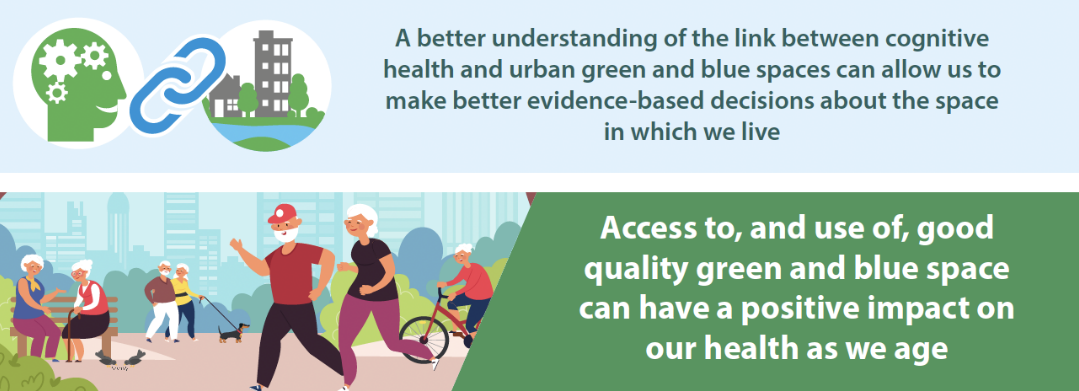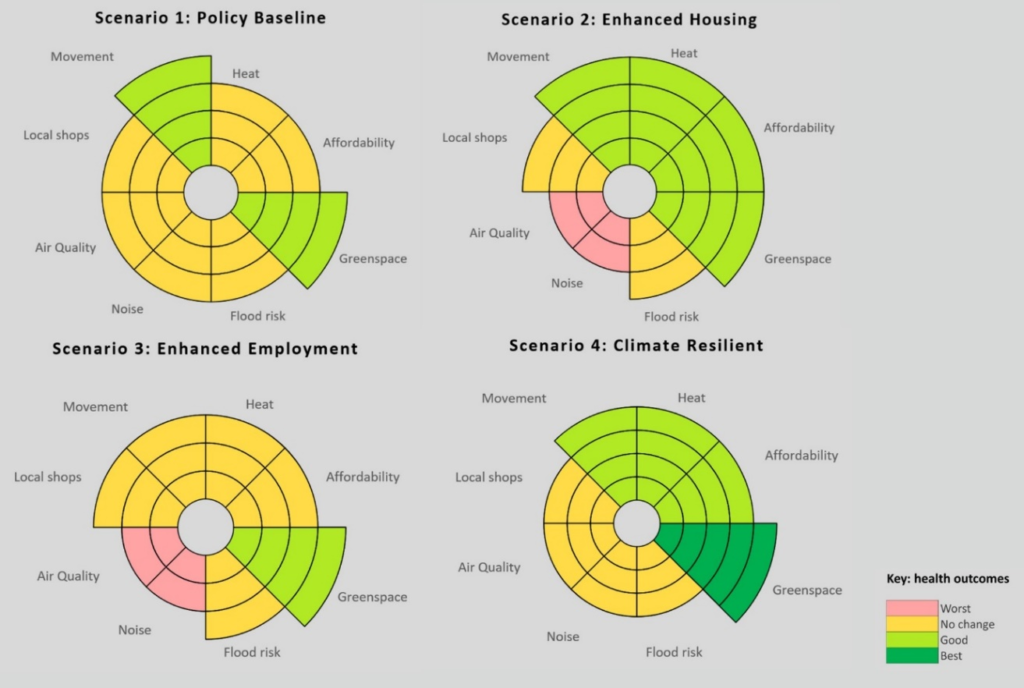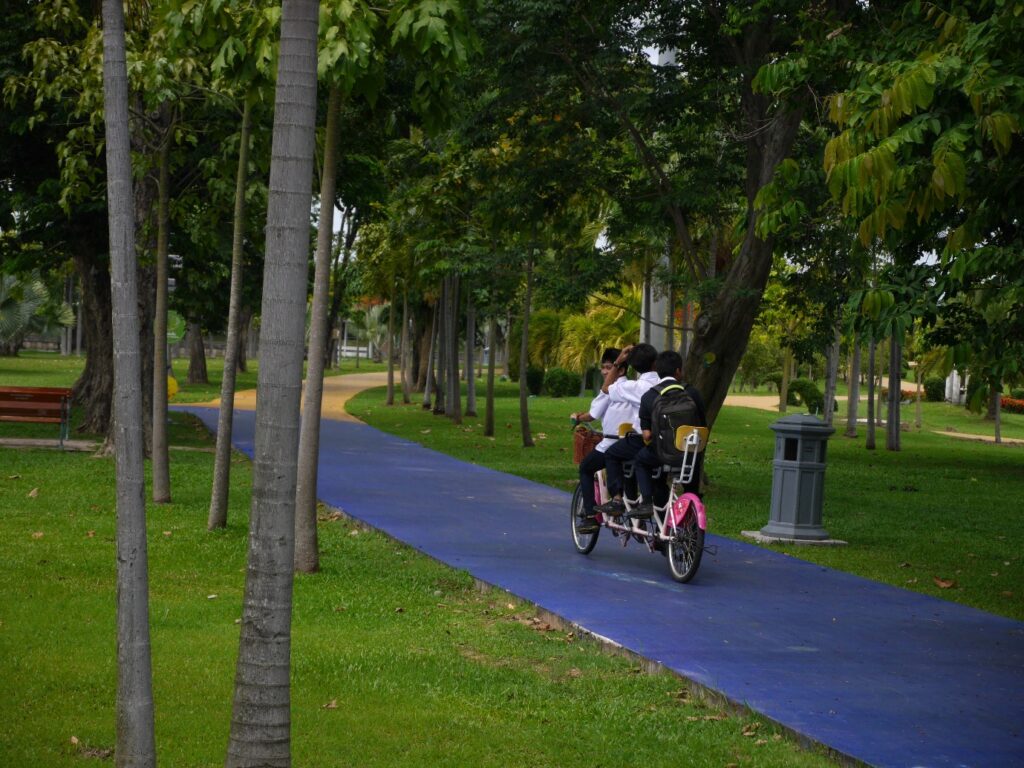City Know-hows

It is known that environmental exposures can have negative effects on brain health. We reviewed all the literature examining the effects of environmental exposures on cognitive health. There is a paucity of research on the effects of urban planning, particularly regarding things like active travel and green space accessibility.
Share
Target audience
Urban leaders, urban planners, city planners, public health officials.
The problem
It is known that environmental exposures, such as air pollution, have effects on brain health, and that lots of research has been done in this area. What has not been examined, however, is how much research has been done and in what areas.
What we did and why
We looked for and identified all of the review articles that look at the links between the environment and brain health. We then plotted all of these reviews in an interactive map, making it easy to see which areas saturated, and which areas are still need research.
Our study’s contribution
This study adds several things to the literature:
• Air pollution has been studied extensively, with other environmental exposures, such as the social environmental and urban design, showing a paucity of research.
• Certain areas of brain health, such as dementia, have been extensively studied, whereas other types of brain health, such as child brain development, have not been researched as much.
We created an interactive map of review research that practitioners and policy-makers can refer to when determining areas of future environmental research. Available at: https://space-geoportal-queensub.hub.arcgis.com
Impacts for city policy and practice
This study indicates that, although lots of research has been conducted around air pollution and subsequent brain health, there is a paucity of research on the effects of urban planning, particularly regarding things like active travel and green space accessibility.
For policy, practice and research, see our interactive map of the evidence. See our SPACE Geoportal: For Health and Environment Research, Policy and Action for environmental variables which influence health and healthy ageing in our environment. These factors include, for example, light pollution, noise pollution, air pollution and soil pollution, as well as built infrastructure and availability of ‘green space’ and ‘blue space’.
Further information
Full research article:
Urban environment exposures and cognitive health: an evidence gap map of systematic reviews by Mike Trott, Claire Cleland, Selin Akaraci, Joanna S Valson, Niamh O’Kane, Frank Kee, Bernadette McGuinness and Ruth Hunter
Related posts

Health evidence could be used more effectively to influence healthier urban development. We learn from a researcher-practitioner collaboration, involving an embedded researcher in local government working on a regeneration project, which helped to develop a new health modelling tool for environmental change and influence decision-making.

Opportunities exist to influence the growth of secondary cities, home to most of the world’s urban population, in ways that maximise residents’ wellbeing as well as achieve sustainability goals. More research is required to understand how this can be achieved, in particular in relation to city governance.

Evaluating urban environments is crucial for enhancing mental well-being. Identifying key indicators and developing a robust framework are essential steps in effectively measuring the impact. This method is fundamental for designing targeted strategies to improve mental health outcomes through informed interventions.